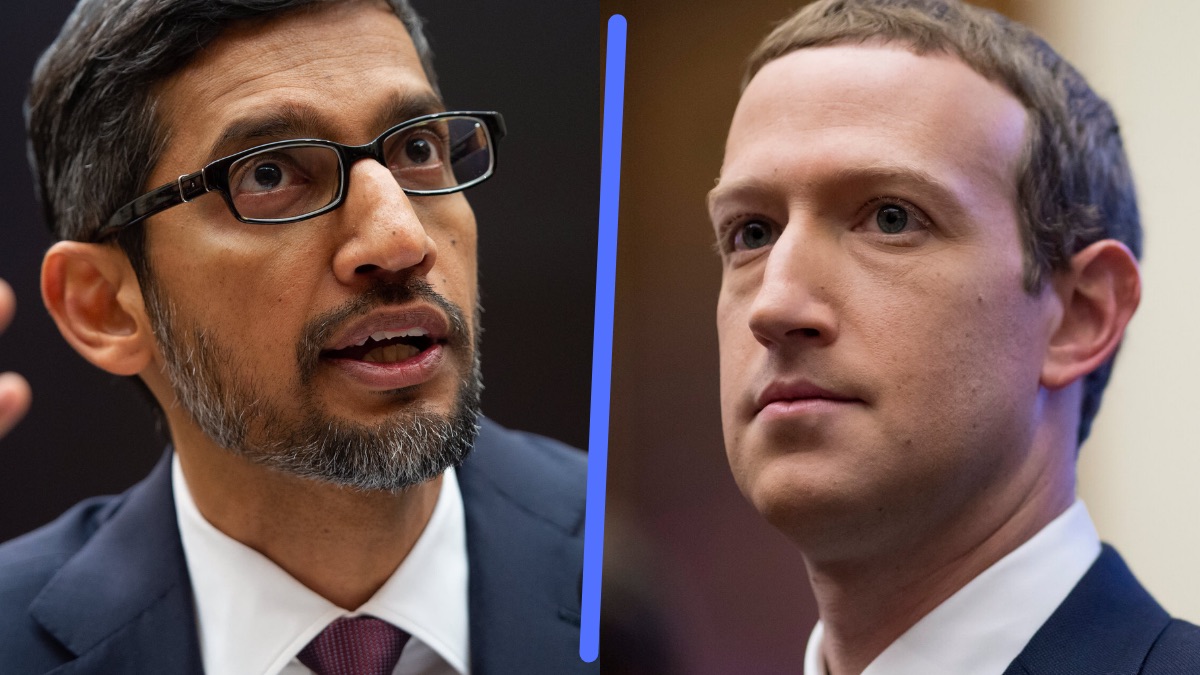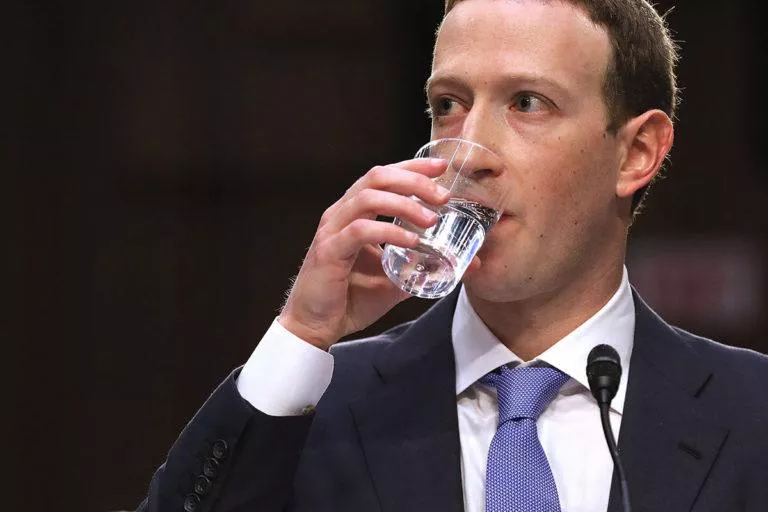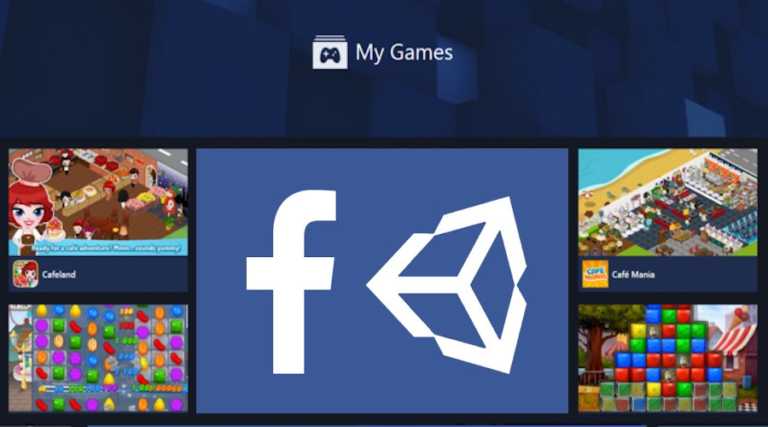Google & Facebook CEOs Signed Off Deal To Kill The Ad Market Competition, Docs Claim

A late 2020 antitrust case against Google talks about a secret deal between Google and Facebook. Codenamed ‘Jedi Blue,’ it turns out to be a deal to kill the online ad market competition.
Recently declassified court documents reveal some details about the Google and Facebook ad market deal. Among the most shocking revelations is the fact that the CEOs of both companies signed off on the deal.
What is Jedi Blue?
Online advertising works through ad exchanges. Publishers and businesses sell ad space through these exchanges. Google simplified the exchange world, and its vast reach meant the company had more to offer.
However, a newer technique, called header bidding has been causing trouble for Google recently. So much so that Google refers to it as an “existential threat.”
In essence, header bidding lets publishers showcase their ad space to multiple ad exchanges. This translates to the publisher leveraging more options and getting better prices for the space.
So when Facebook (now Meta) learned about it, the company wanted a piece of the action. That’s where Google stepped in and made Facebook an offer it couldn’t refuse.
Jedi Blue, the secret Google-Facebook deal, dictates that the latter will cut down on its involvement with header bidding in exchange for advantages over Google ad exchange. The deal came into effect in 2018, allegedly signed off by Google CEO Sundar Pichai, Facebook CEO Mark Zuckerberg, and COO Sheryl Sandberg.
One of the most alarming aspects of the deal is a fixed quota on a number of ad auctions that Facebook will win over other competitors. In simpler words, Google allegedly bribed Facebook (Meta) with an unfair edge over the competition to avoid Facebook from turning into the competition itself.
This isn’t the first time the Google-Facebook duo is accused of ganging up to cut down the competition. Just last October, we covered how Facebook and Google worked together to circumvent Apple’s privacy features.
Jedi Blue was in the mentions at that time too. However, the development with CEOs signing off on the deal to curb the competition is new.






